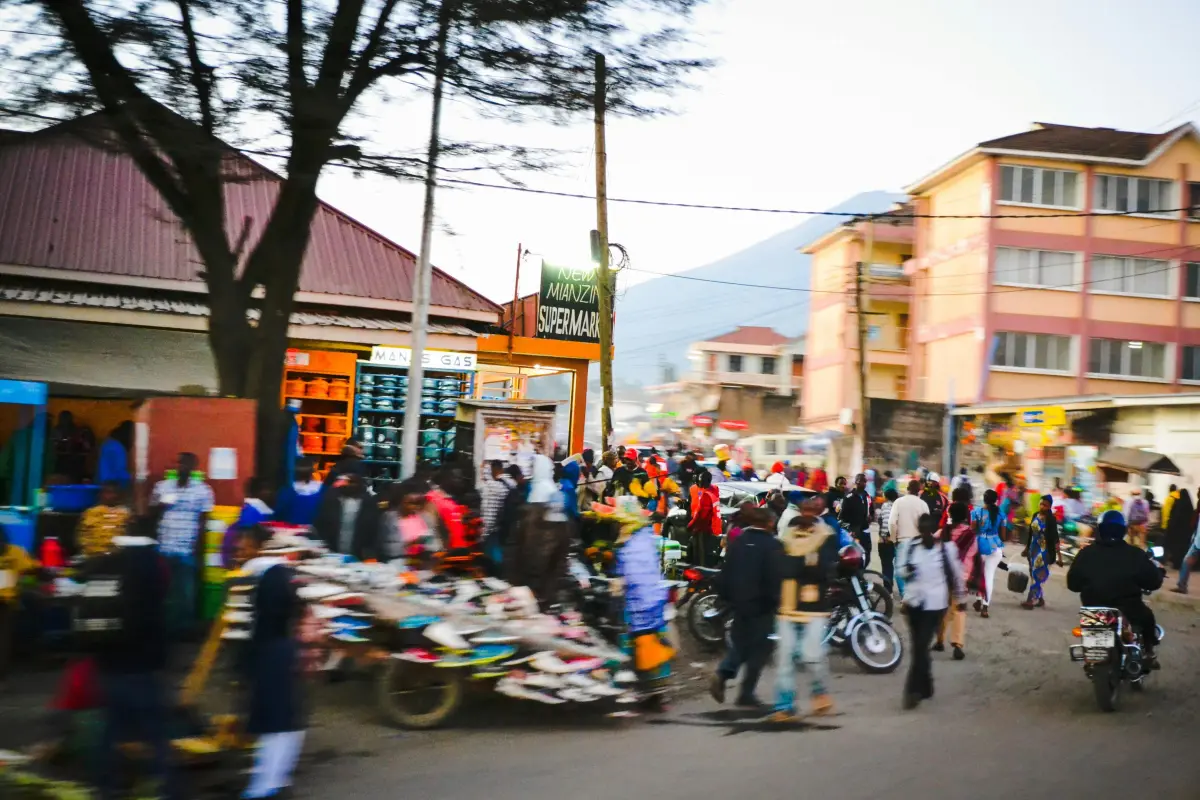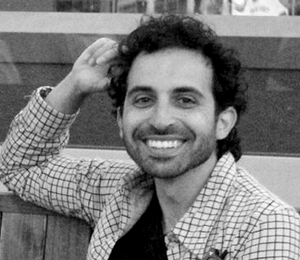
This story was produced by writer Ray Mwareya and our friends at The Sick Times
Tuberculosis (TB) and Long Covid are two diseases that have some overlapping symptoms. The two are often mistaken for each other in South Africa.
Long Covid is poorly understood and acknowledged in South Africa, and mostly dismissed, say people living with the disease. And it’s worse if you’re Black and poor. The reasons are largely cultural, political, and partly medical. However, there is potential for this country to be a leader in understanding Long Covid and finding treatments.
Hidden pain
Long Covid is bubbling underneath the surface in South Africa. According to a 2023 study by the country’s National Institute for Communicable Diseases, up to 6.5 million South Africans could be affected by Long Covid. Yet people with the disease are disbelieved by both communities and the public healthcare system.
Long Covid is an afterthought here compared to TB because South Africa has one of the highest TB burdens in the world. TB infects around 300,000 South Africans every year, according to the South African Health Ministry, mainly poor Black South Africans. Furthermore, TB is surrounded by social shaming because people with HIV are at a higher risk of TB, and South Africa has the world’s highest HIV infection rate.
Meanwhile, healthcare workers view Long Covid as an issue only for regions like Europe and North America, where media coverage is more prominent.
“When I repeatedly presented my local clinic with persistent cough, fatigue, and lack of appetite symptoms, I was pressured to take tests for latent TB and active TB,” said Prinsloo Maka, a community Long Covid advocate in Johannesburg, South Africa. “My nurses doubted that [I had] Long Covid. I was only diagnosed seven months later.”
South Africa has invested $4.6 million annually in its Stop TB healthcare budget since 2018. Politicians see treating TB as an urgent issue and a way to score political points, as the disease impacts key voting blocks such as Black township residents. In comparison, Long Covid has a woefully negligible budget in South Africa.
Of the little money and clinical expertise invested in tackling Long Covid in South Africa, most of it comes from private hospitals’ endowments and is led by elite universities. For example, the genetics laboratory at South Africa’s Stellenbosch University received an R3.3 million ($182,000) grant in the fall of 2022 to investigate exactly how acute Covid-19 develops into Long Covid.
Grants like this are a drop in the ocean compared to the TB budget – and that’s keeping Long Covid at the back of the disease financing, diagnosis, and treatment queue in South Africa.
Desperate for diagnosis
Kimberly Banda, who lives with Long Covid and is a community campaigner with the Democratic Nurses Organization of South Africa, agrees more funding is needed.
After catching Long Covid in 2021 during her frontline job as a critical care nurse, she didn’t receive the help she needed despite her experience treating COVID-19 patients. Instead, she was tested twice for TB, she said.
“My insurance company refused me critical illness payouts, telling me Long Covid is out of the scope of their coverage,” she said.
The health budget in South Africa, just like in many other African nations, is stretched. Worse, just 20% of the available medical staff in South Africa are employed to serve 70 to 80% of the population who rely on the impoverished public hospital system. Against this bad state of affairs, Long Covid is hardly seen as a political priority in clinical investment. For those who live with the condition, even follow-up care after diagnosis is simply unaffordable.
Moreover, South Africa is the world’s most financially unequal country, according to the World Bank. Here, medical poverty is heavily racialized. Only about 10% of Black South Africans can afford to hold private medical insurance, though they make up 80% of the population.
This means the majority of patients diagnosed with Long Covid in South Africa are discovered in high-end private care clinics, using private insurance — mostly available to white and upper-middle-class people.
If you’re Black and poor, your Long Covid cough is usually suspected to be TB or goes unchecked, unrecognized. The condition is likely massively underdiagnosed and undertreated across millions of poorer Black South African communities.
A picture of Africa
South Africa’s political and clinical disregard for Long Covid is a picture of the entire continent of Africa. Due to severe institutional poverty and weak laboratory monitoring services, “research on Long Covid is scarce” in Africa, a 2023 study published in The Lancet reported.
This is no surprise because acute Covid-19 was already severely underreported in Africa. Though the World Health Organization (WHO) estimates that 65% of all Africans had Covid-19 (based on blood testing and morgue data), only a shocking 8.2 million cases were captured in WHO data of the estimated total, 800 million cases.
Reasonably, in South Africa, some who die from Long Covid are probably getting their post-mortem described as TB and any other lung-impacting conditions. Even in the U.S., estimates of Long Covid deaths are considered to be vast undercounts.
“Sadly, Long Covid is not recognized as a real medical reality of high importance by both clinicians and government here in South Africa,” said Dr. Riad Serowe, a physician at Leratong Hospital in Gauteng, South Africa’s smallest province.
People with Long Covid are struggling in silence, their pain doubted – and suspected to be TB. Hence, Long Covid in South Africa is flying into a wall of ignorance, resource scarcity, and doubt.
Despite these challenges, South Africa is working seriously to track, treat, and manage Long Covid, said Dr. Sandile Buthelezi, the director general of South Africa’s ministry of health, said in an interview with The Sick Times. “It’s a multi-sector approach being led by government, medical universities, donors, and affected communities. We have not abandoned South Africans with Long Covid,” he added.
What needs to be done
South Africans with Long Covid need the government to strengthen world-class medical research already happening in South Africa.
Researchers in South Africa are helping the world understand the physiological condition of Long Covid. For example, since 2021, Resia Pretorius, head of the Department of Physiological Sciences at South Africa’s Stellenbosch University, has led a collaborative team using advanced technology, which revealed insoluble microclots in blood samples from people with Long Covid.
In addition, global donors must meet in South Africa to mobilize financing into Long Covid diagnosis, collaborative studies, and possible pharmaceutical treatment breakthroughs. South Africa has done it before, hosting the 21st International AIDS Conference in Durban in July 2016; hosting large clinical trials on injectable HIV pre-exposure prophylaxis drugs; and being the site of the world’s first jabs of an experimental TB vaccine in March 2024.
There’s no reason why South Africa cannot gather the world to host and localize the first global donor financing conference into tackling Long Covid treatment, for the specific benefit of poorer Global South countries.
Though Long Covid and TB are a tale of two coughs here in South Africa – excellent clinical research into Long Covid will help lead to better diagnosis and public health education about the disease.
Ray Mwareya is a journalist covering public health, science, tech, and finance based in Johannesburg, South Africa. His works appear in Newsweek, Reuters, Telegraph, Brainfacts, The Guardian, and many other places.




